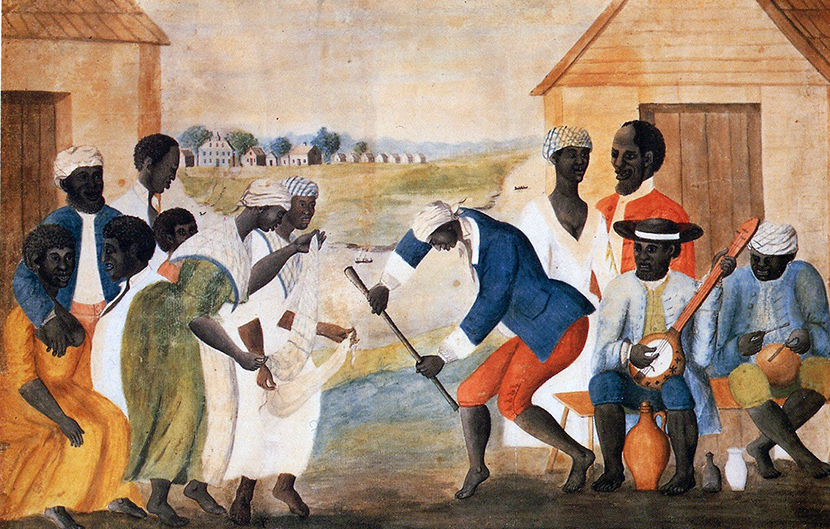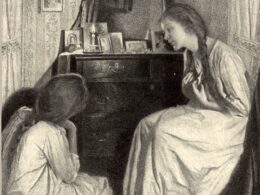W.E.B. Du Bois (1868–1963)
From W.E.B. Du Bois: Black Reconstruction

In the late 1920s, the editors of the Encyclopædia Britannica asked W.E.B. Du Bois to write an article on the “history of the American Negro” for their forthcoming fourteenth edition. “From my manuscript they cut out all my references to Reconstruction,” he later recounted, and after several attempts at compromise, Du Bois insisted on retracting the article.
It was a battle that Du Bois had been fighting for more than twenty years, against the efforts by a group of white American scholars to sanitize the history of slavery and to paint Reconstruction as a tragic encroachment upon the South by a vindictive North. “An American youth attending college today,” wrote Du Bois in 1935, would “complete his education without any idea of the part which the black race has played in America; of the tremendous moral problem of abolition; of the cause and meaning of the Civil War and the relation which Reconstruction had to democratic government and the labor movement. . . . We have too often a deliberate attempt so to change the facts of history that the story will make pleasant reading for Americans.”
Early essays by Du Bois on this subject attacked the writings of Ulrich Bonnell Phillips, one of the leading scholars of the revisionism. Phillips was—and still is—acknowledged as the historian most responsible for the belief that American slavery was, for the most part, a relatively benign economic arrangement between “indulgent masters and happy slaves”—an absurd reimagining that dominated textbooks in the middle of the twentieth century. As one historian wrote half a century ago, “The ghost of U. B. Phillips haunts all of us.”
For our Story of the Week selection, we present Du Bois’s first, relatively brief essay ridiculing the internal logic of a presentation delivered by Phillips to college students.



